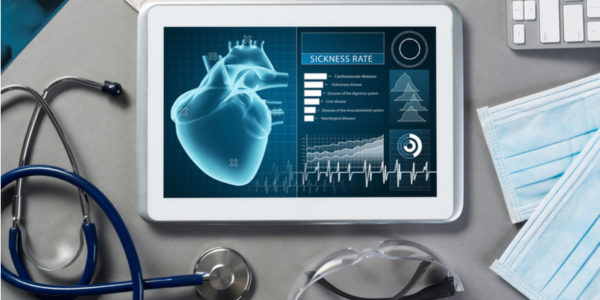Remember the 6 million dollar man? Steve Austin (actor Lee Marvin) was a late 70’s television sensation. An astronaut who was left “barely alive” by a tragic rocket accident was rebuilt using “modern” 1970’s technology to render him, “better, faster, stronger.” Every 70’s kid remembers ultra manly Colonial Steve Austin running on that treadmill, sprinting so fast with his implanted bionic parts that the treadmill couldn’t contain his new found speed. We knew that someday we would have cyborgs among us.
My ageing father, Donald Hershman, may not look anything like astronaut Steve Austin, but he is, in fact, a true bionic man. Many of the same plastics that are commonly used in today’s jets and bullet proof vests were molded into his new hip. Surgeons put him to sleep, sliced open the flesh along his thigh, gently nudged fragile muscles and tendons out of the way, sawed away dying bone tissue, and replaced it with this space age hip. My bionic man was up and walking (albeit gingerly) less than 48 hours after the surgery, and today, he is “better, faster, stronger” than he was ten years ago. While he used to struggle to get out of his bed to use the bathroom, my seventy five year old father now climbs mountains with his bionic hip. Maybe not quite as cool as Steve Austin, but not bad at all.
It’s not uncommon in today’s world for people to strut around with multiple body parts that they were not born with; pop sensation Billy Joel got both hips swapped out before fathering a child at the age of 66. Just as quickly as human body parts wear out, American science and industry have learned to replace them. Remember those 10,000 baby boomers turning 65 each day? Well, each new Medicare recipient has two hips, two knees, two eyes, a heart, and several other organs that could potentially be replaced before their bodies finally call it quits. In fact, currently, around 7 million Americans are walking around with replacement knees and hips, perhaps one reason why Stryker corporation, a global leader in replacement body parts and the tools used to install them, has produced 36 consecutive years of revenue growth. (1&2) Stryker has been pumping out reliable profit for shareholders since the days when Steve Austin used his bionic powers to bust out of cages and stop speeding cars.
If you think that America’s transition to a nation of bionic geasers sounds like a great potential investment opportunity, you would be right. It turns out that a medicare card and a body full of failing parts is a recipe for somebody’s profit in twenty first century America. Let me show you how to insure that you are the one profiting from this new reality.







Lee Majors was the star of The Six Million Dollar Man.
Boy, you are correct! Good eye!